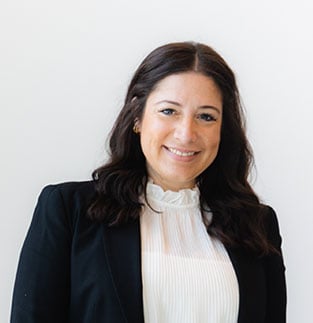World Elder Abuse Awareness Day: Celebrate by reviewing these FAQs
Knowing the answers to these three questions can help reduce the occurrence of elder abuse.
Baby Boomers are known for setting new trends. This generation with a reputation for social change has yet another opportunity to make a difference by putting an end to elder abuse.
One step towards stopping this abuse: World Elder Abuse Awareness Day.
What is World Elder Abuse Awareness Day?
World Elder Abuse Awareness Day is a day that is set aside to focus on educating the public about the presence of elder abuse. This year marks the tenth celebration and is scheduled to occur June 15, 2016.
Part of the educational purpose of this day involves sharing the common signs of abuse, providing steps to reduce the risk of abuse and informing the public on how to deal with a situation when it is believed abuse is present.
What does elder abuse look like?
Elder abuse can come in many forms. It can be physical, sexual, financial or emotional.
- Physical abuse. This can include the commonly known types of physical abuse, like hitting or grabbing, as well as neglect. Neglect can lead to serious injuries such as bed sores. The presence of unexplained bruising, broken bones, bed sores or a lack of basic hygiene can all be signs that physical abuse or neglect are present.
- Sexual abuse. Examples include sexual assault like rape or molestation as well as forced nudity. The presence of bruising in or near genital areas or sexually transmitted diseases can be red flags.
- Financial abuse. A brochure used for the World Elder Abuse Awareness Day educational initiative notes that financial abuse is the most common form of elder abuse. This occurs whenever a caretaker misuses funds. This can come from wrongfully cashing checks or taking payment without meeting the expected caretaking obligations.
- Emotional abuse. A loved one that has an unexpected change in behavior or suddenly refuses to partake in normal activities may be a victim of emotional abuse.
Those who are the victims of elder abuse are not always comfortable sharing their experiences. They may find the ordeal embarrassing and prefer not to discuss it. As a result, it is important to watch for the signs noted above and question loved ones if any of these red flags are present.
How can I help stop this abuse?
Proactive measures that can reduce these risks include raising awareness by talking about the issue and frequently checking in with older loved ones and neighbors. If you suspect abuse, try to have a conversation with the potential victim. If abuse is confirmed, report it to the appropriate agency.
Victims can also hold their abusers accountable for their actions through a civil suit. This suit can serve three purposes: it can result in a monetary award to help cover the costs associated with the injury, hold the abuser personally accountable for his or her actions and deter others from committing these same crimes.












